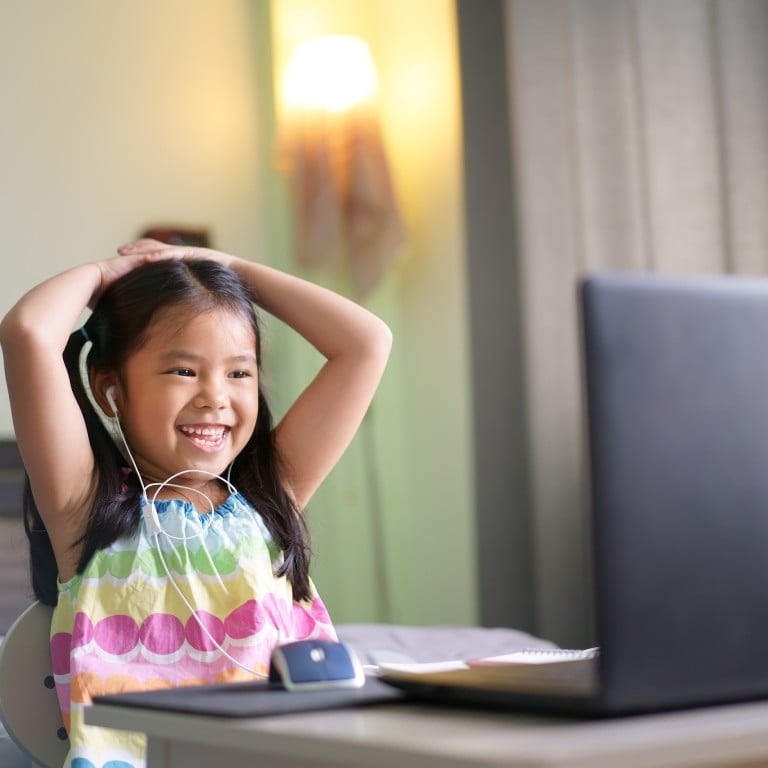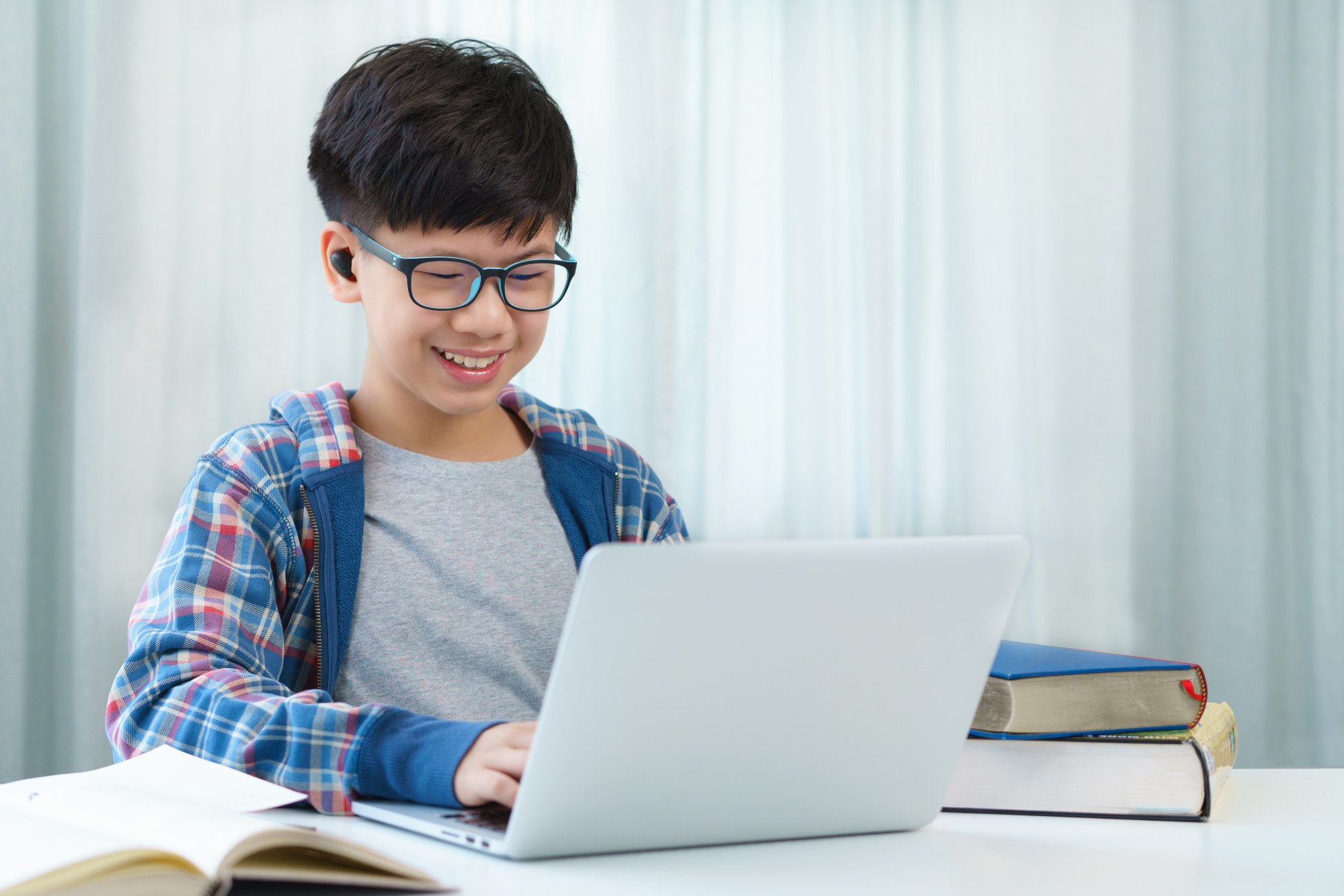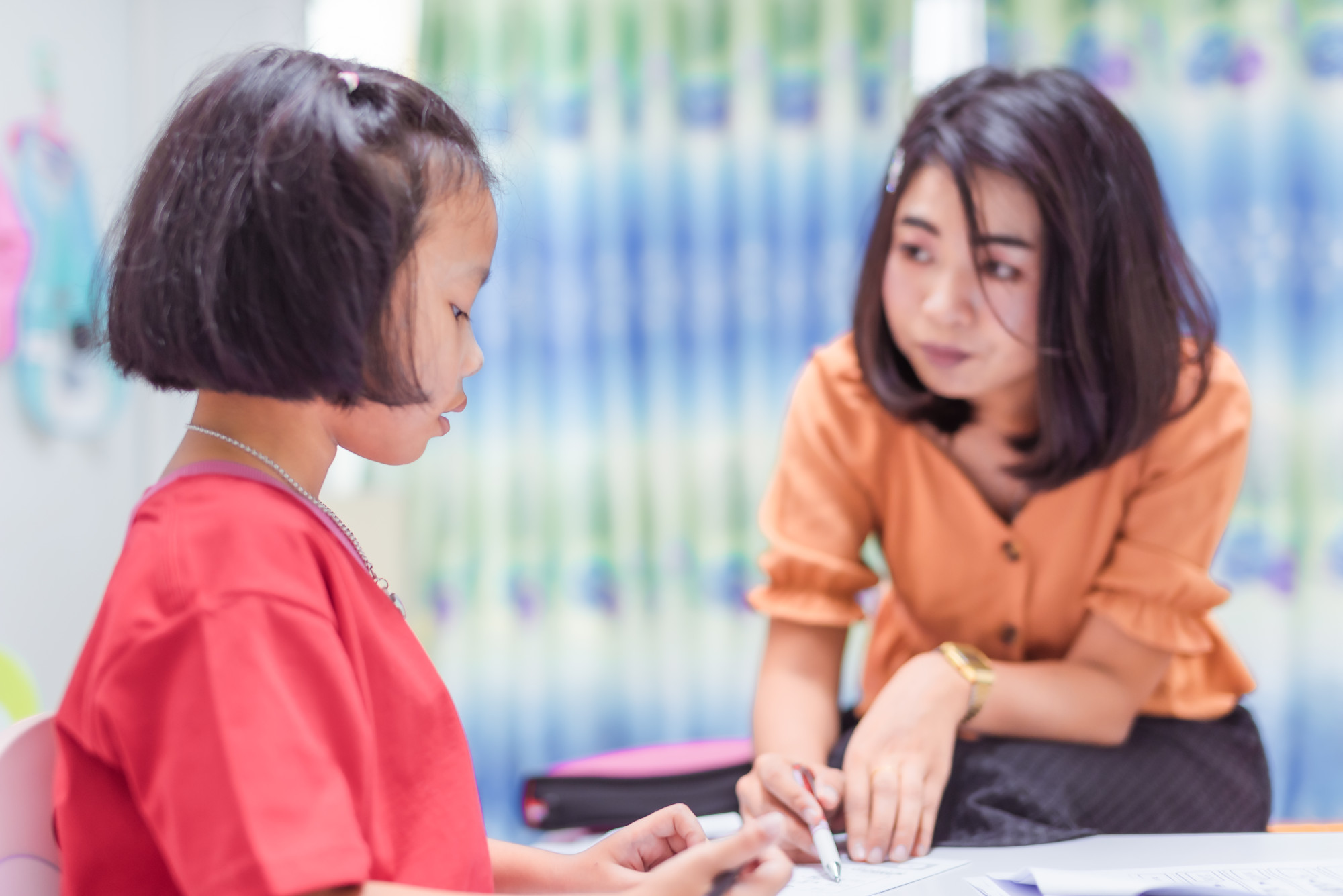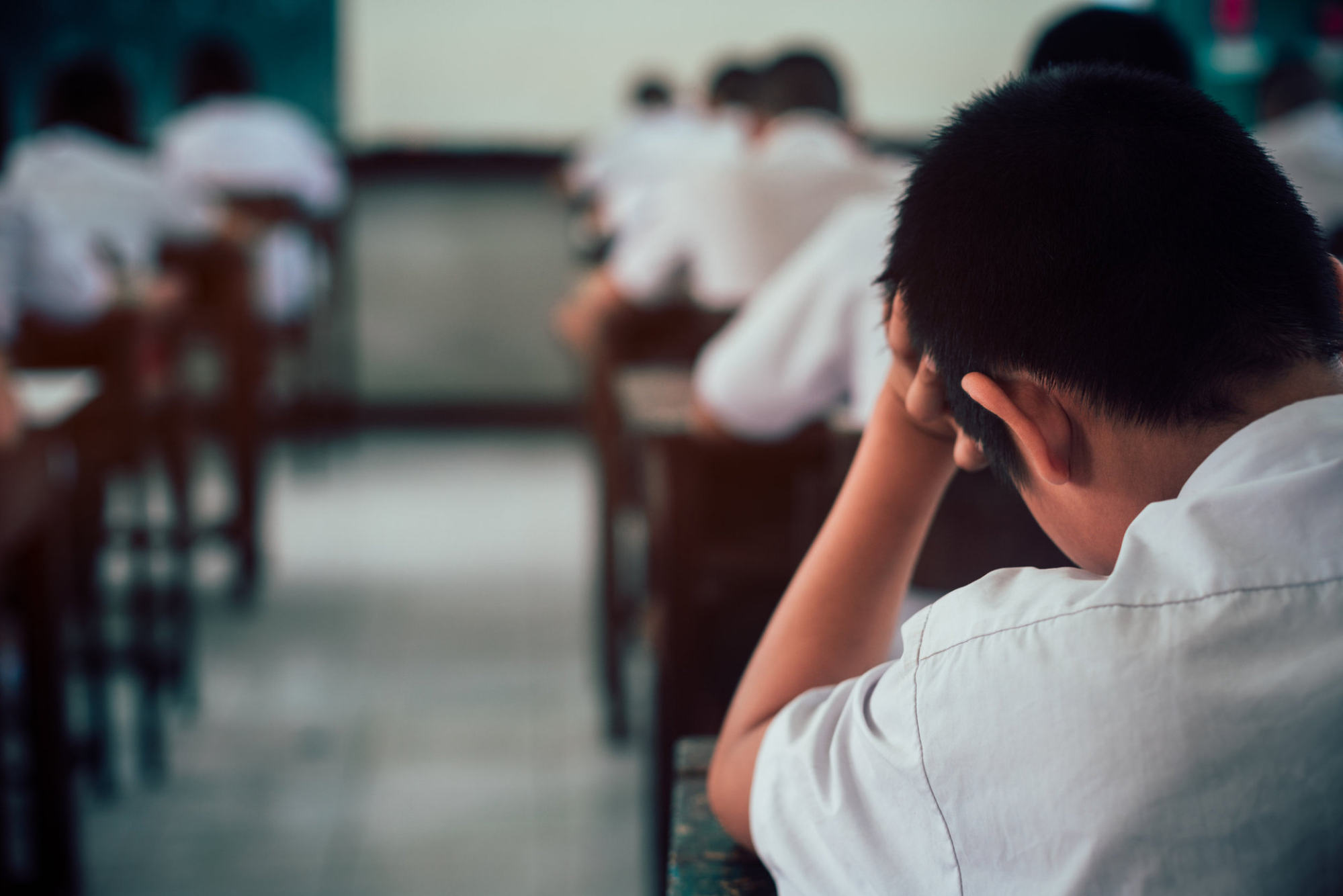
Hong Kong educators from international schools discuss the impacts of the pandemic on students and teaching
- Technology has enabled smarter, more flexible learning styles, making it an essential element and not just an add-on
- Personalised learning is here to stay, as is a greater emphasis on social and mental wellness – both ask more of teachers who will often need training and support
On a global scale, the measures required to deal with the Covid-19 pandemic have been monumental – the rolling out of vaccine programmes and monitoring systems, nationwide lockdowns and other restrictions, and dealing with the increased burden on already stretched healthcare systems
On a more human scale, at home, families faced massive challenges too. Suddenly parents and children were thrown into a situation where office work and school had to be done side-by-side in the living room. In Hong Kong, where space is at a premium, this task was even more difficult. Not only that, but parents found themselves having to be both parent and teacher over the past several months as they helped their children absorb as much of the current curriculum as they could via Zoom and other digital means.
It is too early to say for sure what the long-term legacy of the pandemic will be in education but we spoke with several international schools to get their predictions of the impact of Covid-19 on students and teaching.
More technology, smarter learning

Most likely the greatest legacy from Covid-19 is how it has given more legitimacy to the role of technology in education, enabling smarter learning, and making it an essential element of learning and not just an add-on.
“This experience has taught us that by taking advantage of technology, we can all stay interactive and work at any place in the world. It is important to be adaptable, flexible and creative, which are some of the key ‘Leadership Attributes’ that we equip our pupils with,” states Ann Haydon, head of school at Harrow International School Hong Kong. “Home learning is heightening those transferable skills that they will use in the future and creating opportunities for solving problems collaboratively and creatively.”
Christine Doleman, head of secondary school at Chinese International School (CIS), also appreciates how technology has helped her staff add more personalisation to their curriculum: “We feel that our curriculum has been significantly enriched by the experience of online learning, as we have learned to give our students a greater degree of choice over what they are studying, diversified our forms of assessment and developed other means of personalising their educational experience.”
Doleman’s colleague, Anne Gardon, head of primary school at CIS, notes the benefits of technology when it comes to parent-teacher interactions: “Organising parent-teacher conferences online, for instance, has made it much more convenient for working parents to participate. Similarly, holding community forums through the internet rather than in person has markedly facilitated and increased parental attendance. For a range of such events, efficiencies of this kind are very beneficial.”
Frances Hurley, principal at ESF Abacus International Kindergarten, says the school will also be looking at ways to see how they can continue having that increased engagement from parents: “Our parents are always encouraged to be actively engaged in their children’s learning. However, through this online learning period they have become even more involved. They know exactly what their children are learning each day and are much more skilled in uploading learning materials to our e-portfolios now. We will definitely be looking at how we can continue to encourage this home school collaboration next year.”
And while the renewed appreciation for technology and the importance of differentiation will be a significant factor in the 2020-2021 school year, when it comes to students, all the educators cite resilience as a key trait that students have had to develop.
“Our students are living through a period of increasing change in Hong Kong,” says Haydon, “and they are now able to apply their leadership attributes in real life contexts. They have learned to face these challenges with increased flexibility and maturity.”
Personalised teaching won’t go away

Schools and their staff had to react quickly when schools closed down – scrambling to tailor their lessons for online learning and figuring out new ways to teach and engage their students. Parents opt for international schools partly because they want a more customised teaching experience for their children. Educators have pointed out that the four months of home schooling has emphasised the importance of differentiation for each student.
At Hong Kong International School (HKIS), teachers at kindergarten and primary school levels made sure that their online programme focused on being a true teaching experience, over one that simply assigned activities to the students.
“This led to the development of a few standard practices including morning check-ins, instructional videos and one-to-one video conferencing. We had a learning grid, which set out the tasks and learning goals for the week, and then our grade-level teachers divided and conquered. Teams of three would create rich video lessons and share them among the classes in the grade,” Geoff Heney, principal for lower primary at HKIS, tells us. “The format of these meant that teachers honed in quickly on the main point of the lesson, which helped students grasp the concepts. In addition, the one-to-one video time meant that teachers have a very clear idea of how each student has progressed during their time.”
This approach – keeping lessons short and to the point, encouraging more collaboration between teachers from different classrooms, factoring in one-on-one time with each student – worked so well for HKIS that Heney says they are hoping to incorporate some of the practices in the 2020-2021 school year.
At Canadian International School, Tim Kaiser, deputy head of school, says the past four months have pushed their teachers to give authenticity to “conversations” as a method of evaluation, especially when grading the “assessment as learning” segment of the academic curriculum by the Ontario Ministry of Education, which the school offers alongside the International Baccalaureate in Grades 9 to 12.
“Online learning has forced us into a spot where a conversation is the most valuable interaction that a teacher can have with their student, even for an assessment. It was difficult to rely on a traditional pen and paper test so the conversation is a chance for the student to demonstrate what they have learned, in a more authentic manner,” says Kaiser. “As teachers, we are all human and sometimes we have a tendency to generalise more than we differentiate. Online learning kept us on our toes and forced us to differentiate even more.”
Carol Larkin, principal for Sha Tin College, an ESF secondary school, sees this as a chance for schools to change the game and rethink how they are preparing students for the future: “There is an opportunity now to rethink school. To be brave and thoughtful about the education we provide our students. Keeping things the same as they have been for the last century – in terms of school structures, the delivery of content, the role of the teacher, what we think students need to know, the role of the student in deciding what they need to know – all this needs new and fresh consideration.”
Greater attention to social and mental well-being

Months of home schooling, coupled with the experience of living through a global pandemic, can have an impact on a student’s mental well-being. Certain international schools stepped up by making sure that their counselling team and teachers were prepared for these unprecedented circumstances.
“Effective learning doesn’t happen if students feel anxious or stressed,” says Helen Kelly, principal for lower school at Canadian International School (CDNIS). “It is really essential for us to know where each student is in their individual social and emotional framework and to make sure we address any problems that students may have developed because of the suspension of classes.”
The counselling team at CDNIS consults the organisations Prepare and the International School Counsellor Association (ISCA) for additional support, and each teacher received training before students returned to school.
“They received training on how to discuss Covid-19 with their students, how to answer students’ questions and how to deal with their anxiety,” explains Kelly. “Everyone was prepared for what their students might say or feel.”
At the English Schools Foundation (ESF), all schools are working together to enhance the programmes for personal and social development that each is currently running.
“The new programme includes strategies and ideas for supporting children as they transition back into school following the long period of home learning,” says Hurley. “Some of these ideas will be whole class activities – teaching children how to manage their feelings, for example. Others are more targeted support ideas for small groups and individuals who are finding the transition more difficult.”
